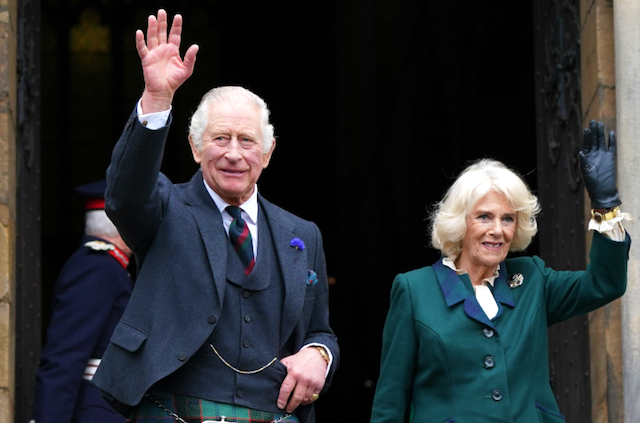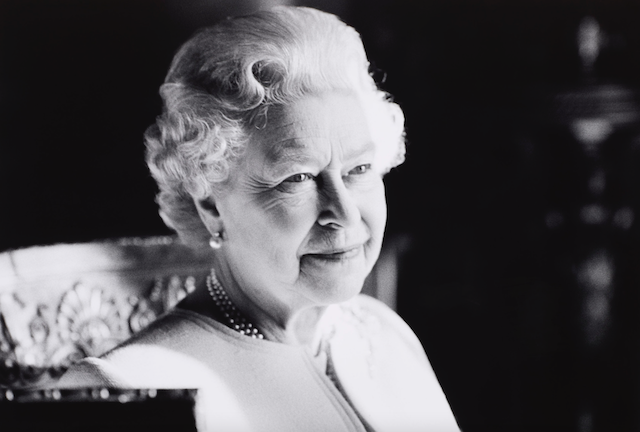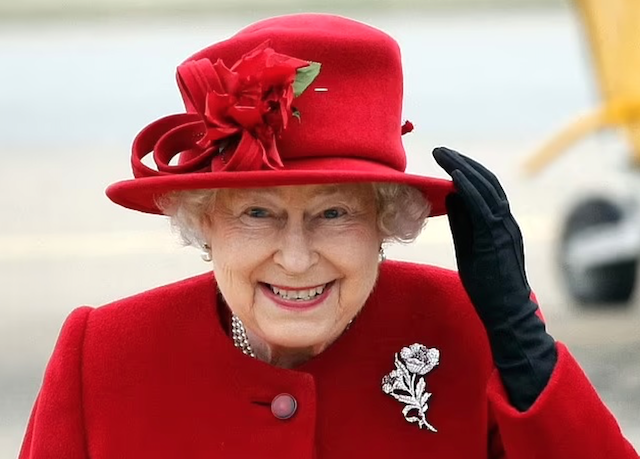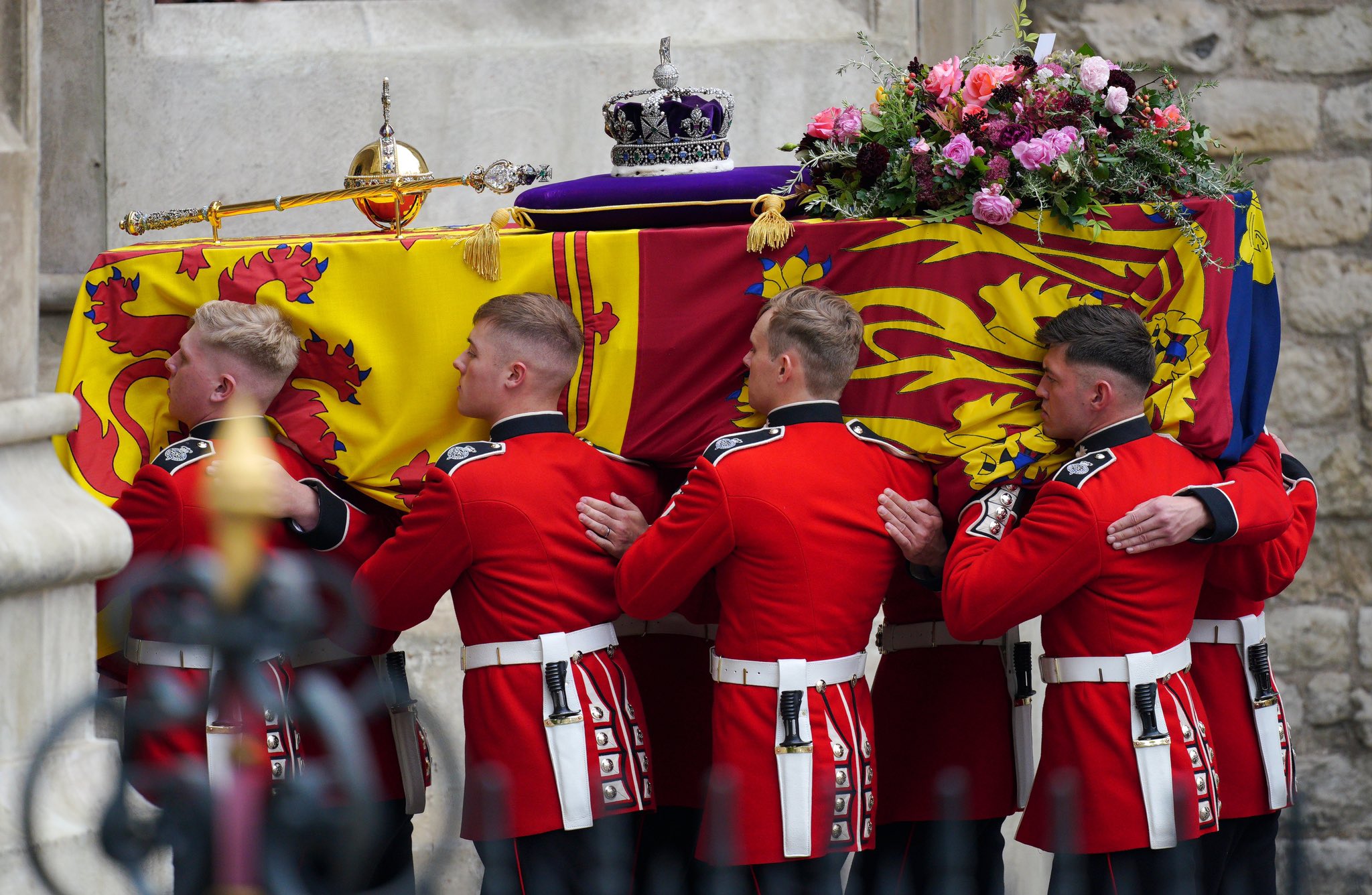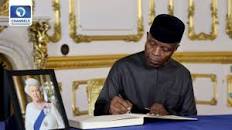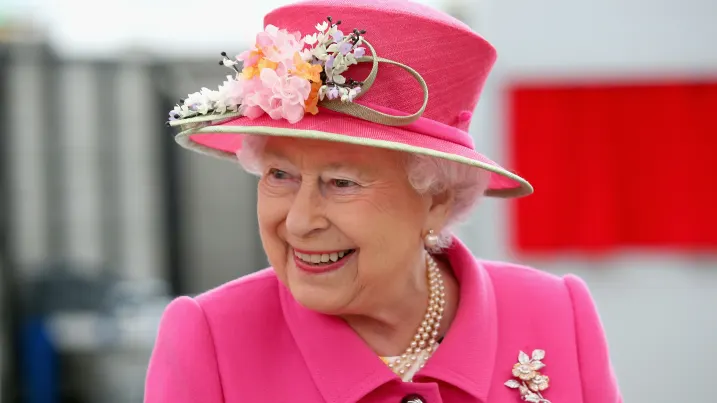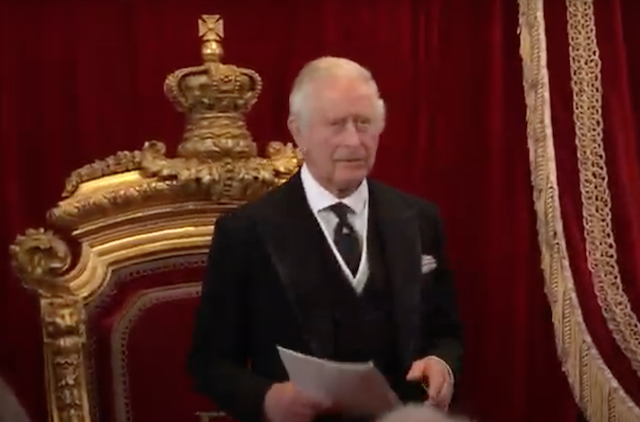Dupe: The Queen, the Great Queen is dead and buried!
Emeka: Long live the Queen, long live the king! The king never dies, so they say!
Dupe: True! The throne is forever; so, the monarch lives forever! There are a lot of lessons to be learnt from her reign, her life, her style, and the funeral arrangements!
Omonefe: No throne lives for forever jor. Only God’s throne lives forever. Praise the Lord!
Dupe: Whatever! There are lots of lessons to learn from the Elizabethan Monarchy!
Emeka: You are right my sister. To reign as Queen of England for 70 years without a scandal linked to her name is no mean feat.
Omonefe: You are right there. God made her reign scandal-free. Praise the Lord!
Odia: She didn’t need a personal scandal. Her throne was scandalous enough!
Dupe: Excuse me Odia! What do you mean?
Bishak: Please let us not ask Odia to explain further. I know he is going to argue that the wealth of the Queen was stolen from Africa, that he crown is a combination of stolen jewels from different continents, and that her empire favoured northern Nigeria in fraudulently ascribing a higher population figure to that region in 1952!
Odia: Mind reader! You have done well. Only that you didn’t say that her throne dethroned, humiliated, and deported the Oba of my ethnic group in 1897.
Omonefe: And stole art works that still adorn their museums and palaces in Europe! What a shame!
Emeka: History is a bitch! It invariably comes crawling out of the dead woods!
Dupe: Look here gentlemen, I am interested in the good aspects of the Queen’s reign, how she was favoured by God to reign for 70 years, how she modernized the monarchy and made it more acceptable to the people of the 20th and 21st centuries, how she successfully managed her marriage to the man of her dream for 73 years, how she managed the ego of the men around her, how she was able to make friends with all the powerful people around the world! It is a lesson in diplomacy and friendship building. See, over 500 international guests flew into London for the funeral. Even some Commonwealth leaders who were ill broke their bones to join the train. President Biden was on the 14th or 15th row behind men and women of the Commonwealth! All as arranged by the Queen herself! The Emperor of Japan who traditionally forbids the sight of a corpse broke tradition and travelled to London for the funeral. My brothers, there must have been something outstanding about the Queen’s character and charisma!
Bishak: The Gospel according to Evangelist Dupe!
Omonefe: Praise the Lord for His wonderful work in the life of Queen Elizabeth II, Defender of the Faith! Let us not say that an adulteress now occupies the Throne of England!
Bishak: And an adulterer too!
Dupe: O come on! Don’t be an old hat. Old sins are forgiven!
Omonefe: She and Lady Diana, The Peoples’ Princess will meet in heaven and sort things out!
Emeka: In hell you mean?
Dupe: Don’t you start!
Emeka: I will not complain about Britain’s support for the genocide against Igbo people during the Nigeria-Biafra War because they wanted access to crude oil! Or how the British massacred the Mau Mau freedom fighters of Kenya!
Omonefe: Let God be the Judge! If she is guilty of all you have said, she might be on her way to hell now for a rendezvous with Satan himself!
Dupe: Come on gentlemen and lady! Why do you castigate the Queen for what the politicians of her days did? Remember that Queen Elizabeth kept her mouth shut in public on political matters? Indeed, that was one of the strengths of her reign- staying out of the fray, at least in public. Remember the very notion of Constitutional Monarchy! We do not know what she may have told the politicians in private!
Odia: I am not bothered about what she told the politicians in private. I am concerned with the loot which she treasured and handed over to her successor upon her death! Period! The Koh-I-Noor jewel which is in the crown of the British monarch reminds everyone of their colonial past!
Dupe: She was better than most of our traditional rulers in character, dignity, and grace. She identified and groomed her successor very early. She lived in peace with all and sundry!
Emeka: You are right on that score. No in-fighting. She planned her funeral to the smallest detail. She communicated before and after her death. See the mammoth crowd that showed up at her funeral. No aso ebi. The choir was disciplined. Nobody went out to use the bathroom. No recognitions of people although the most powerful people in the world were in that hall. During the funeral service there was no collection of tithes, donations, and offerings. One hour service! The Bishop of Canterbury preached a six-minute sermon!
Omonefe: Stingy people! They do not recognize the power of God Almighty. They do not know how to sow seeds in God’s name!
Emeka: A short sermon that was not targeted at anybody made my day!
Dupe: Exactly! Although we didn’t see her body, for obvious reasons not even the casket, yet we saw the draped coffin. When our royal fathers die it is not announced. In some cases human beings disappear. Some claim that the heart of the previous monarch must be boiled for the new king to eat! Cannibalism! Disgusting! Even if it is a metaphor, it is an inappropriate one! No one eats a human heart. It should be discarded. There is no reason for any secrecy.
Bishak: What about the practice of demanding suicide of an aide to the king or killing persons to accompany the dead king to the other world? Barbaric! Which other world?
Emeka: Does anybody still do that?
Bishak: I wouldn’t know. It used to be a practice in some African kingdoms like Oyo and the Jukun people.
Omonefe: Anachronistic. Atavistic. Retrogressive.
Bishak: This big grammar will get you nowhere!
Dupe: I wonder! The Queen spoke to modernizing the monarchy all around the world. It is true that her most senior staff broke his staff of office and placed it on her coffin. That was simply symbolic. It showed that his service to her was over. So, our traditional institutions could accommodate symbolisms without being barbaric!
Emeka: She also tinkered with succession rights to allow a princess to be a possible heir to the throne unlike what used to be when the ladies were the men were put ahead of all the women!
Dupe: You are right. In some ethnic groups in Nigeria, women are excluded from inheriting property from their father or mother! Can you beat that?
Odia: Most societies discriminate against women. Men made the rules and continue to enforce them. In some cases, they use women to implement the obnoxious rules. Which is a tragedy. Women ought to rebel against such wicked rules.
Dupe: Now that Charles has taken over the throne, I hope he will have the wisdom to manage things properly, especially with the albatross of a wife, the Queen Consort (what a title?) around his royal neck. He must bring his back his rebellious son Harry somehow! That boy was traumatized by his mother’s death.
Emeka: Spare me that joke please! Didn’t William lose a mother too? Is he reacting the same way?
Dupe: That is where you err. We all don’t have the same capacity of resistance and react to life’s experiences differently.
Emeka: Tell me more Professor of Clinical Psychology Dupe Ojojomijojo!
Dupe: Not now, and don’t be sarcastic! I have a Zoom meeting to attend in ten minutes. Will dwell on that issue when next we meet! Bye for now!
Emeka: Bye!
